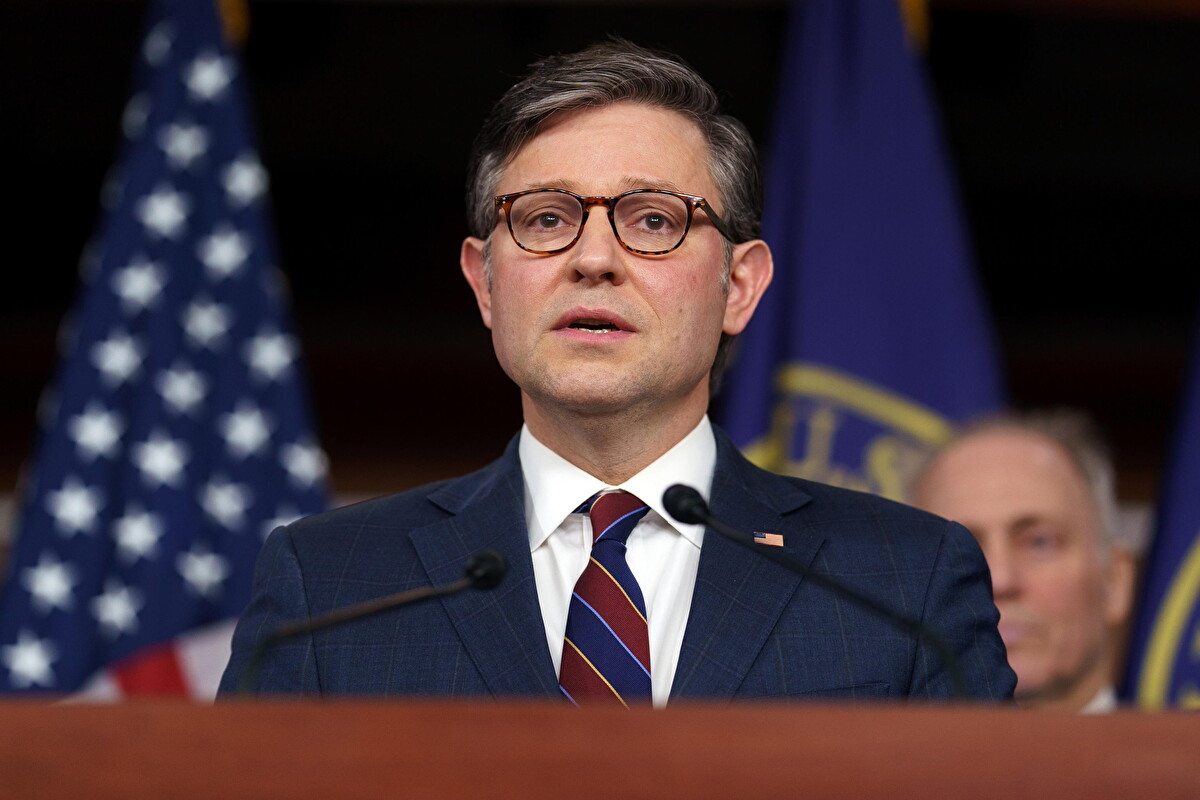Mayor Eric Adams has announced a plan to eliminate the income tax for the city’s lowest earners. Dubbed “Axe the Tax for the Working Class,” the plan would affect filers living with dependents who live at or below 150% of the federal poverty line. “We can’t bring down the cost of bread,” Adams said as he announced the plan, “but we can give you some bread to pay for the bills and the necessities that you have.”
Going by the 2024 federal poverty guidelines, the cutoff for a two-person household according Adams’ plan is $30,660, and scales up to $46,800 for four people. This part of the plan is expected to return about $350 annually to an estimated 430,000 New Yorkers. Others whose income is just above the federal markers would see their taxes reduced instead of eliminated completely, bringing the total estimated number of those benefiting from the tax cut up to roughly 580,000.
Changes to New York City taxes need to be decided at the state level, requiring approval from both the governor and state legislatures in order to be included in next year’s state budget. So far, there are indications that the mayor’s proposal does have some support with key figures. A spokesperson for governor Kathy Hochul said that she “would be supportive of efforts to lower the city’s personal income tax rate, and commends Mayor Adams for continuing to focus on affordability.” Assembly Speaker Carl E. Heastie issued a statement calling Adams’ plan “promising.” Two allies of the mayor in state government are expected to introduce his proposal: Queens State Senator Leroy Comrie and Brooklyn Assemblywoman Rodneyse Bichotte.
The plan is expected to take away roughly $63 million from the city’s coffers, which amounts to a relatively small portion of the city’s total budget of roughly $115 billion. Proponents within the Adams administration believe that the money would be made up through other avenues like cannabis sales, which have brought in around $40 million dollars in tax revenue statewide since it was legalized two years ago, a figure which state officials expect to double over the next year.
Despite the overall support, some are taking issue with the mayor’s proposal. Andrew Rein of the Citizens Budget Commission, a fiscal watchdog organization, said that “accounting for under-budgeted ongoing services, New York City is facing a fiscal year 2026 budget gap approaching $9 billion.” Others instead found the move politically convenient but lacking in scope. Zellnor Myrie, a Brooklyn state senator who is running for mayor in next year’s election, commended the spirit of the plan but called it insufficient in the face of the ongoing affordability crisis. “New York’s cost of living will keep rising until we put forward solutions as big as the challenges we face,” Myrie said.












